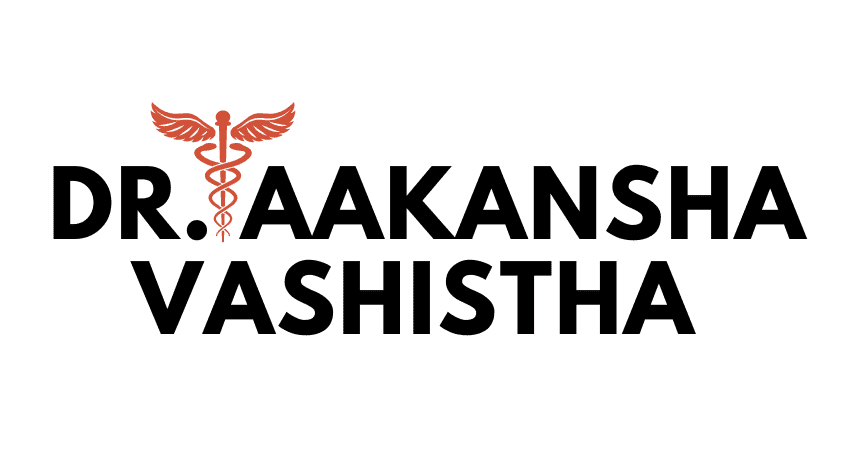- +91-856 184 0164
- connect@draakanshavashistha.com
- Jaipur (RAJ) INDIA
CONTACT US
- +91-856 184 0164
- Jaipur (RAJ) INDIA
- connect@draakanshavashistha.com

Aesthetic Surgery | Cosmetic Surgery | Plastic Surgery
PROCEDURE : SURGICAL
What is double jaw surgery?
- Double jaw surgery is a procedure where both the upper and lower jaws are surgically altered to correct misalignments or deformities.
- Common reasons for surgery: Correcting bite issues, improving speech, addressing facial imbalances, or resolving sleep apnea.
Who might need double jaw surgery?
- Individuals with significant jaw misalignments or facial structure issues may require this surgery.
- Conditions that might require surgery: Underbites, overbites, crossbites, or obstructive sleep apnea.
What are the potential benefits of double jaw surgery?
- Benefits include: Improved ability to chew, speak, and breathe; enhanced facial aesthetics; and relief from jaw pain.
- Quality of life improvements: Better sleep, easier breathing, and increased confidence in appearance.


Before

After
What are the risks associated with double jaw surgery?
- Like any major surgery, double jaw surgery carries certain risks.
- Possible complications: Infection, nerve damage, blood loss, or jaw fractures.
Long-term risks: Permanent numbness, need for additional surgeries, or issues with how teeth align post-surgery.
What should you expect before undergoing double jaw surgery?
Pre-surgery preparations: which include Medical assessments with scans, models, and consultations with a surgeon and orthodontist.

How is double jaw surgery performed?
- The procedure typically involves making incisions inside the mouth to avoid visible scars.
- Surgical process: The surgeon cuts and repositions the jawbones, securing them with screws, plates, or wires.
- Bone grafting: Additional bone might be added from the hip, rib, or leg if necessary.
What is the recovery process like after double jaw surgery?
- Recovery involves a hospital stay of 2-4 days, with complete healing taking up to 12 weeks.
- Immediate post-surgery effects: Pain, swelling, numbness, and difficulty with nasal breathing.
- Long-term care: Patients often need a liquid or soft food diet and may require nutritional supplements.
When can you return to normal activities after double jaw surgery?
- Initial recovery period: Most can return to work or school within a few weeks, but full recovery can take several months.
- Activity restrictions: Avoid strenuous activities and follow dietary guidelines until cleared by a doctor.
What long-term care is required after double jaw surgery?
- After the initial healing, orthodontic care continues to ensure proper alignment.
- Braces duration: Usually worn for an additional 6-9 months post-surgery.
- Retainers: Required indefinitely to maintain the new alignment of the teeth.
#DoubleJawSurgery #BiJawSurgery #OrthognathicSurgery #JawAlignment #FacialReconstruction #MaxillofacialSurgery #JawSurgeryRecovery #JawSurgeryRisks #CorrectiveJawSurgery #BimaxillaryOsteotomy #JawSurgeryCost #SurgicalOrthodontics #TMJDisorderTreatment #SleepApneaSurgery #JawSurgeryBenefits #OrthodonticSurgery #FacialImbalanceCorrection #PostSurgeryCare #JawSurgeryPreparation #JawPainRelief #BracesBeforeSurgery #MaxillofacialSurgeon #JawSurgeryExperience #FacialAppearanceEnhancement #NerveDamageRisk #JawHealingProcess #OrthodonticFollowUp #FacialSurgery #JawBoneRepositioning #PostSurgeryDiet

